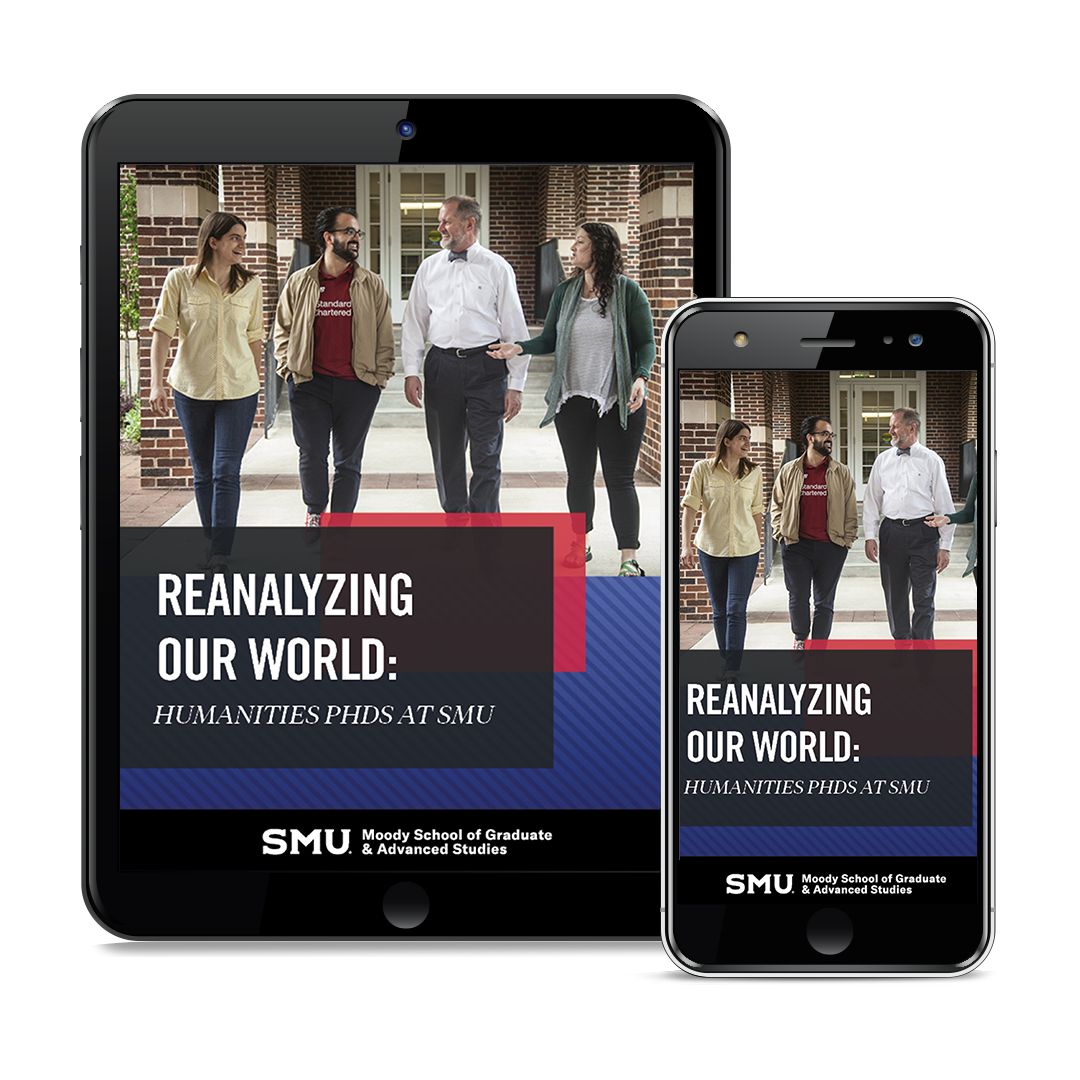
So, you've set your sights on pursuing a PhD in History.
As a prospective History PhD student, you may wonder how to compare phd programs to find the one that aligns perfectly with your goals and aspirations.
History PhD programs are diverse — no one-size-fits-all option is right for every budding historian. Program admission officers and faculty consider this when they review applications, and you should, too, when considering which program is right for you.
How to choose a PhD program can be just as varied as the programs themselves. The right history PhD program is the one that excites you to dig deeper into research, exploration and discovery. Here’s what you should consider when choosing a PhD program.
Clarify Your Academic, Research and Personal Goals
Before comparing programs, take some time to reflect on your academic and research goals. Think about the specific historical periods, topics, or themes that ignite your passion — understanding where your interest lies allows you to choose a program that offers the courses, resources and faculty expertise that align with your focus. It also ensures that your chosen program will provide the intellectual stimulation you need to field your scholarly growth.
- What specific research topics or historical periods are you most passionate about?
- What are your long-term career aspirations, and how does each program’s reputation align with those goals?
- Do you have any geographical preferences or requirements for the program's location?
Evaluate Faculty Expertise and Research Opportunities:
The faculty within a History PhD program plays a vital role in molding your academic journey, influencing and guiding your path to success. Research and evaluate the expertise of the faculty members at each institution you're considering, taking extra time to explore their research interests, publications, and contributions to the field. Their guidance and mentorship of faculty will greatly impact your research progress, so it’s crucial that their expertise aligns with your interests.
- Are there experts in the specific historical periods, topics or themes you’re interested in? Do they have experience and publications in these areas?
- Do they regularly publish in reputable academic journals? Have they presented papers at conferences or participated in scholarly activities?
- Are there any faculty members whose research approaches or methodologies match your own interests?
- Are faculty members accessible and willing to provide guidance and support?
- Are there opportunities for collaboration with faculty on research projects?
- What’s the department’s overall research culture and atmosphere?
Investigate Funding Opportunities
How you’ll pay for your PhD program is a crucial aspect to consider when comparing programs. It’s important to thoroughly research and explore the funding opportunities available at each institution to ensure that you can fully focus on your research and academic growth without unnecessary financial burden.
- What’s the total cost of attendance for each program, considering tuition fees, living expenses and any other associated costs?
- What are the types of financial assistance available? Are fellowships offered? Are there any service-based awards or assistantship positions available?
- Can you apply for external funding in addition to potential institutional funding?
- What are the expectations for matriculation and maintaining funding eligibility?
- What are the potential benefits and drawbacks of accepting funding from a particular program?
- Are there specific research or service obligations associated with the funding package?
- Are any informational sessions or workshops available to help students understand the ins and outs of applying for and securing funds?
Assess Curriculum and Program Structure:
Evaluate the curriculum and structure of each program, ensuring they align with your specific research interests and academic goals. The right program will provide the necessary resources and opportunities to support your intellectual growth and scholarly development.
- Are there seminars, workshops or research colloquia that promote intellectual growth and scholarly discussions?
- How flexible is the program regarding scheduling, part-time study options or accommodations for personal circumstances?
- What’s the average timeline for program completion, and how does the workload align with your other commitments?
Explore Research Resources and Facilities
Access to research resources and facilities can greatly impact the quality of your research and academic experience. Investigate the libraries, archives, and historical collections available to students at each institution and consider whether they have specific resources that will benefit your research. Don’t forget to explore any research institutes or centers affiliated with the program, as they can provide additional support, collaboration opportunities, and access to scholarly networks.
- Does the program offer interdisciplinary opportunities or collaborations with other departments?
- Are there research opportunities and resources available, such as access to archives, libraries or research centers relevant to my area of study?
- What technological resources, like digital databases, research software or virtual collaborations, does the program provide?
Look into Professional Development Support
Consider the professional development support offered by each program. Look for opportunities to gain teaching experience, present research at conferences, publish scholarly articles and engage with the broader academic community. A strong professional development program can greatly enhance your prospects after graduation, so you should evaluate whether the program provides career development workshops, job placement assistance and networking opportunities.
- Are there opportunities for teaching assistantships or other teaching experience to develop pedagogical skills?
- Does the program offer opportunities for academic publishing, either through departmental journals or collaborations with faculty members?
- What funding is available for attending conferences, workshops or professional development events?
- Are there networking opportunities within the program, like conferences or guest speaker events, that allow students to connect with scholars in their field?
- Does the program provide support and guidance for academic job searches, including mock interviews and assistance in preparing application materials?
- Does the program have a successful career placement track record for its graduates, with alumni holding positions in academic research or other relevant fields?
Career opportunities for historians are boundless — explore what you can do with a PhD in History.
Evaluate Program Culture and Support:
Lastly, consider the program's culture and the level of student support. Look into the student-to-faculty ratio, the presence of a supportive and collaborative community, and the availability of resources for mental health and well-being. A positive program culture can significantly impact your overall academic experience.
- What’s the culture of the department and the program, and do you feel comfortable and supported in this environment?
- What’s the program’s teaching philosophy, and how does it align with your teaching and learning style?
- How diverse is the department and the program? How do they promote diversity and inclusion?
- What are graduate students' relationships with faculty members and the wider academic community?
- How are peer relationships cultivated and maintained?
- What’s the work-life balance in the program, and how are student well-being and mental health supported?
- Are there resources available for students who face academic or personal challenges?
Choosing the right PhD program in History is a journey filled with careful analysis and thoughtful consideration of various components — from faculty expertise, research opportunities, funding scenarios, curriculum structure, available resources and professional development support to the overall program culture.
Remember, the key to making the best decision lies in understanding and aligning your academic, research, and personal goals with each program's offerings. Take your time to research each program thoroughly, and don’t hesitate to ask questions and utilize all available resources to gather as much information as possible.
At the end of the day, the right History PhD program should not only support your research interests and academic growth but also resonate with your passion for the subject, pushing you further in your quest for historical exploration and discovery.

